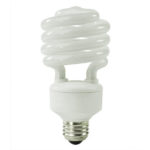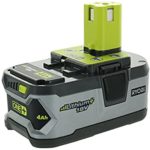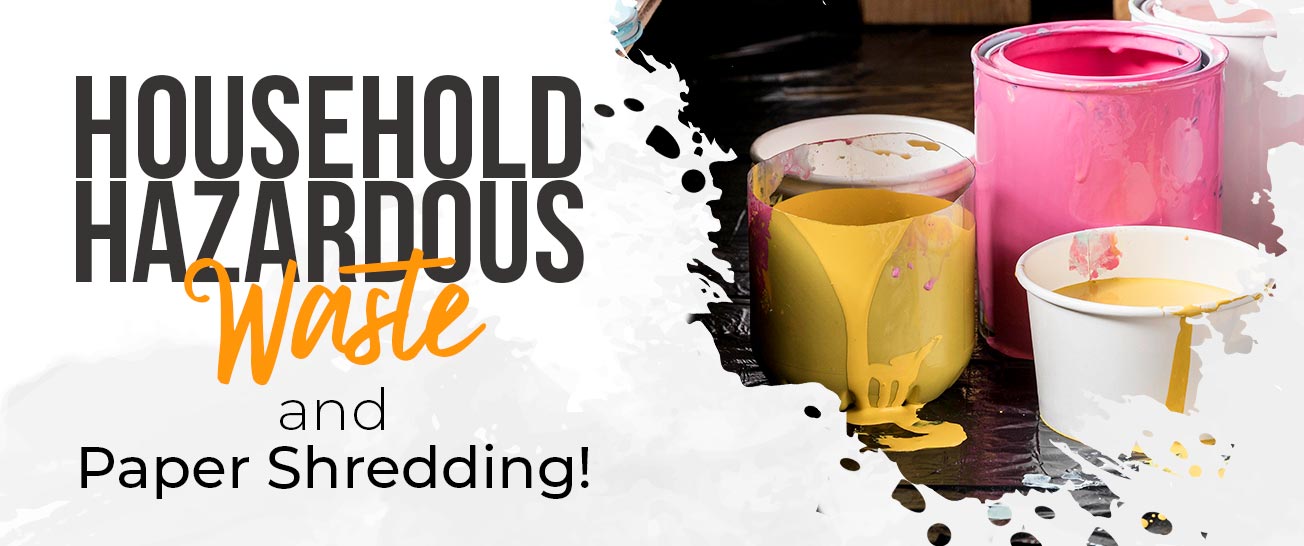
Next event: May 17th, 2025, 9 a.m. to 1 p.m.
Location: Midway Church, 1 Midway Church Dr., Villa Rica, GA, 30180
No pre-registration is required!
The Household Hazardous Waste (HHW) event is an amnesty event during which a hazardous waste recycling company, Clean Earth, assists Keep Carroll Beautiful in collecting and safely disposing of potentially harmful substances like lead and mercury.
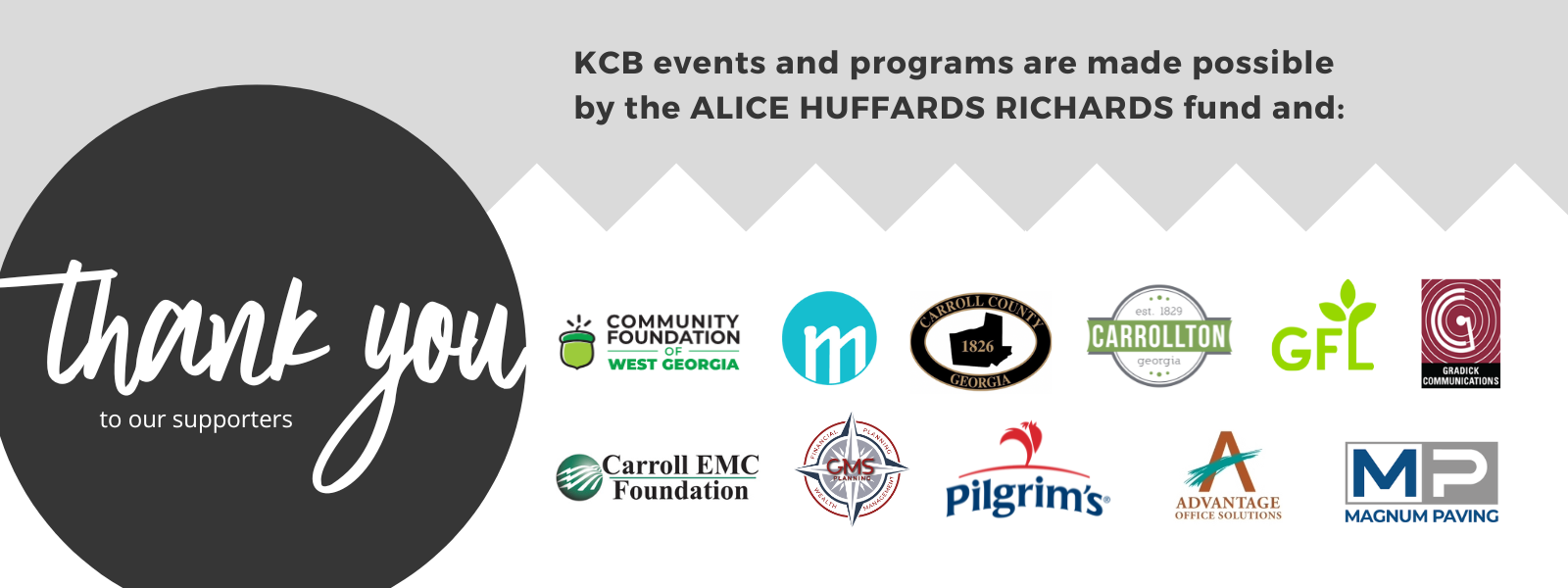
Items accepted during HHW include:
- Aerosols
- Latex Paint in Cans
- Lead Acid Batteries
- Alkaline Batteries
- NiCad Batteries
- Lithium Batteries
- Mixed Solvents
- Propane (Camp Size)
- Metallic Mercury
- Mercury Debris
- Solid Pesticides
- Alkaline Cleaners
- Liquid Pesticides
- Long Fluorescent Bulbs
- Acid Cleaners
- Oil Filters
- NH Solids and Liquids (fertilizers)
- Paint Related Materials
- Fire Extinguishers
Items that will NOT be accepted during HHW:
- Propane (Grill Size)
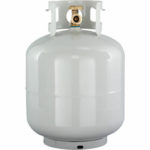
Propane tanks can be taken to SLM Recycling in Carrollton and disposed of as metal scrap.
What is an amnesty event?
It is an event during which Carroll County residents can drop off hard-to-recycle material at the collection point, free of charge. While participation is free, there may be limits on the weight or number of items accepted from one participant.
Amnesty events effectively remove and recycle harmful substances and materials that can leech into groundwater when disposed of in landfills. Substances such as mercury, lead, cadmium, vehicle oils, pesticides, insecticides, and so on can seriously injure people and wildlife and negatively affect rural communities.
HHW event rules:
- No pre-registration is required.
- There is a limit of 5 gallons of paint per drop-off. Additional paint may be dropped off for a donation of $2.50 per gallon due at drop-off.
- Need more information? Call us at 678-321-4816 Wednesday through Friday, 10 am to 2 pm.

Community Foundation of West Georgia provides Community Impact Grants for Carroll, Haralson, and Heard counties organizations in art and culture, education, economic development, human services, environment, and medical and hospice.
Keep Carroll Beautiful received $5,000 in 2021 to cover the recycling fees for HHW Event 2022.
Thank you!
2024 HHWs event details:
- Location: Midway Church, Villa Rica.
- Address: 1 Midway Church Dr., Villa Rica, GA, 30180
- Time: 9 am to 1 pm. Please do not arrive early; we will not unload any items before 9 a.m.
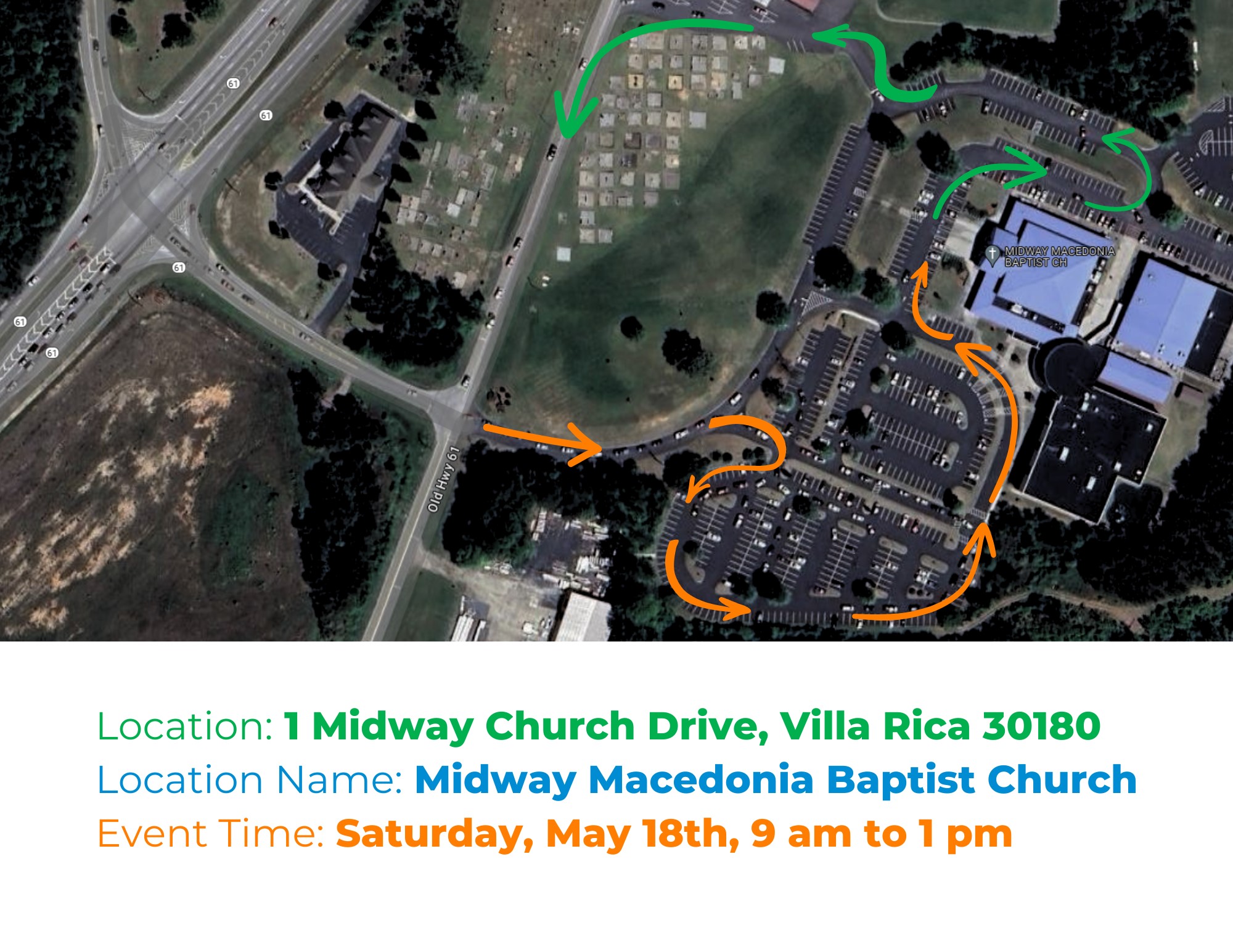
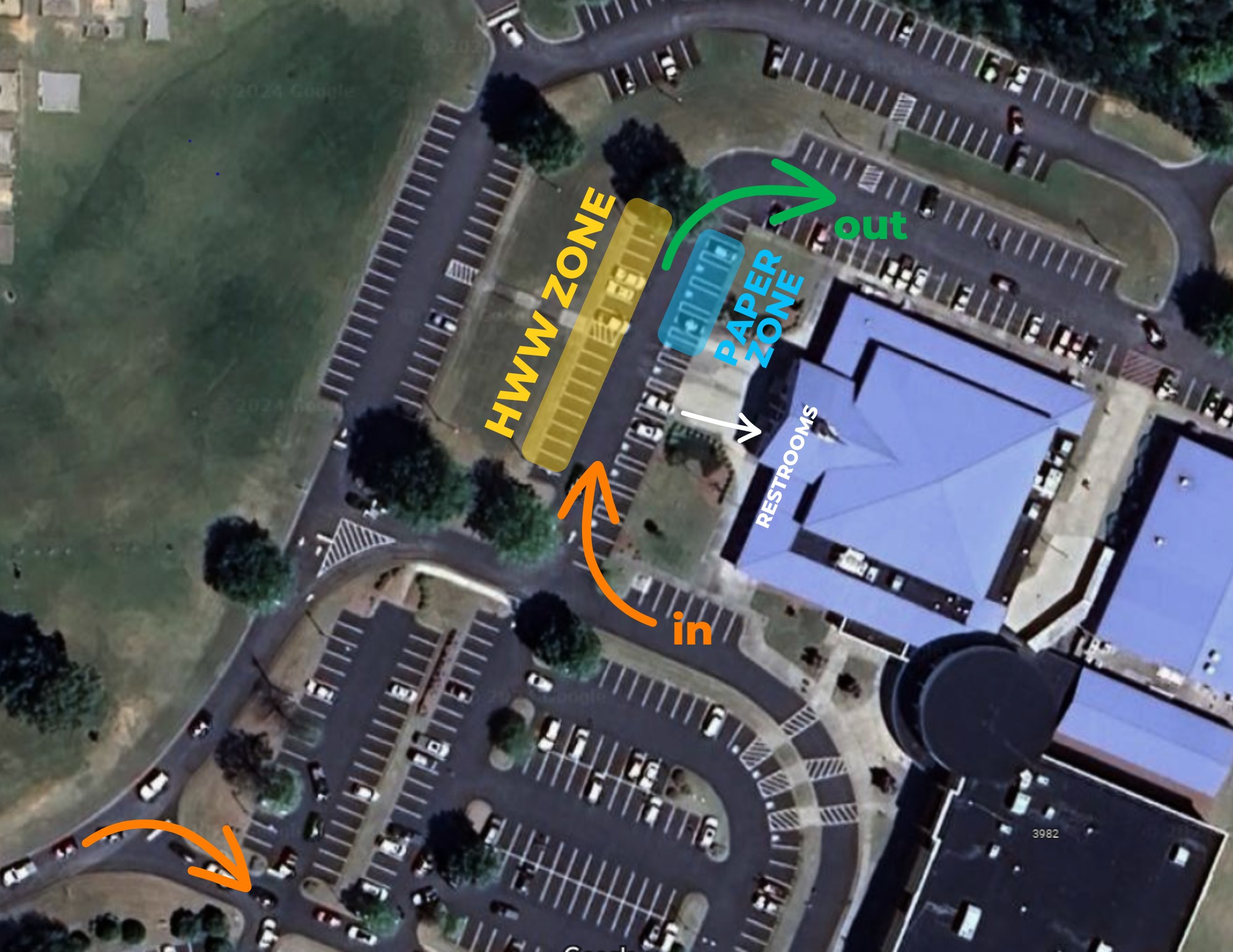
Solvents
- Do NOT flush solvents down the drain because these drains lead to either a home septic system or a municipal treatment plant, neither of which has adequate capacity to remove hazardous chemicals from wastewater.
- Toxic chemicals might also disrupt microbial processes in septic tanks and treatment plants, reducing their effectiveness.
- Some toxins can be removed, but a significant portion of these chemicals pass through treatment processes and contaminate water resources.
- They should also be informed that home hazardous products should never be poured on the ground, into gutters, or down storm drains where they will eventually enter storm sewers and be transported untreated into nearby bodies of water.
Processes for Disposal of Paints and Solvents
The processes described here basically involve solidifying waste disposal via regular garbage service or evaporation. With both of the basic below steps, you want to work outside and wear rubber gloves and eye protection. Never mix more than one material as you’re preparing the items for disposal.
a) Solidification:
- The idea here is to make the liquids solid. Sawdust or shredded newspaper will work, but for any real quantity, you’ll want to get some kitty litter, cheaper at auto parts stores; ask for oil dry.
- Double-line a garbage can with plastic garbage bags, add some oil dry, and then some liquid waste.
- Work outside, away from access by children or animals.
- When the material is solidified, tie up the bag, and it can then go into the regular trash.
- Be sure not to get the bag so heavy that you can’t handle it or that it ruptures.
b) Evaporation:
- Work outside, away from access by children and animals.
- If there is just a trace amount of fuel in the container, simply open the top and let it evaporate.
- If you have more than a very little bit, you’ll want to accelerate the process. Get some sort of disposable metal tray (an aluminum foil roasting pan is ideal) and pour a half-inch of fuel into the tray. The increased surface area will allow the fuel to evaporate much more quickly.
- Repeat this process until the fuel is gone, and then recycle or reuse the containers if possible.
- The foil tray can be recycled with scrap aluminum; if you’re leery of having the fuel-coated foil around your house until you can recycle it, then wad up the tray, wrap it in a few layers of newspaper, and put it in a sturdy plastic garbage bag. Then, it can be disposed of in your regular household trash. (atlantarecycles.com)
For more information on how to recycle various other HHW, visit the following link:
How to Dispose Of Adhesives, Aerosols, Household Cleaners And Other Hazardous Waste Safely(University of Illinois)
A good way to avoid the hassle of having to dispose of HHW is to use products that do not contain harmful substances to begin with. For a list of safer products or DIY alternatives, please visit the following link:
Alternatives to Toxic Substances
If you have any questions about any items not listed here, please contact our office.


